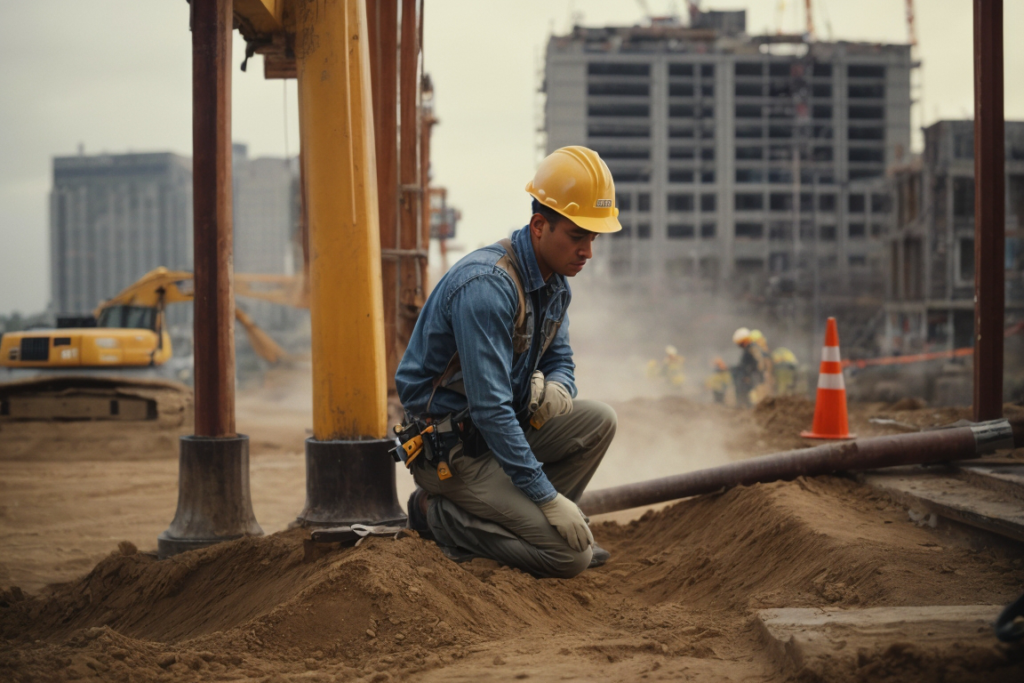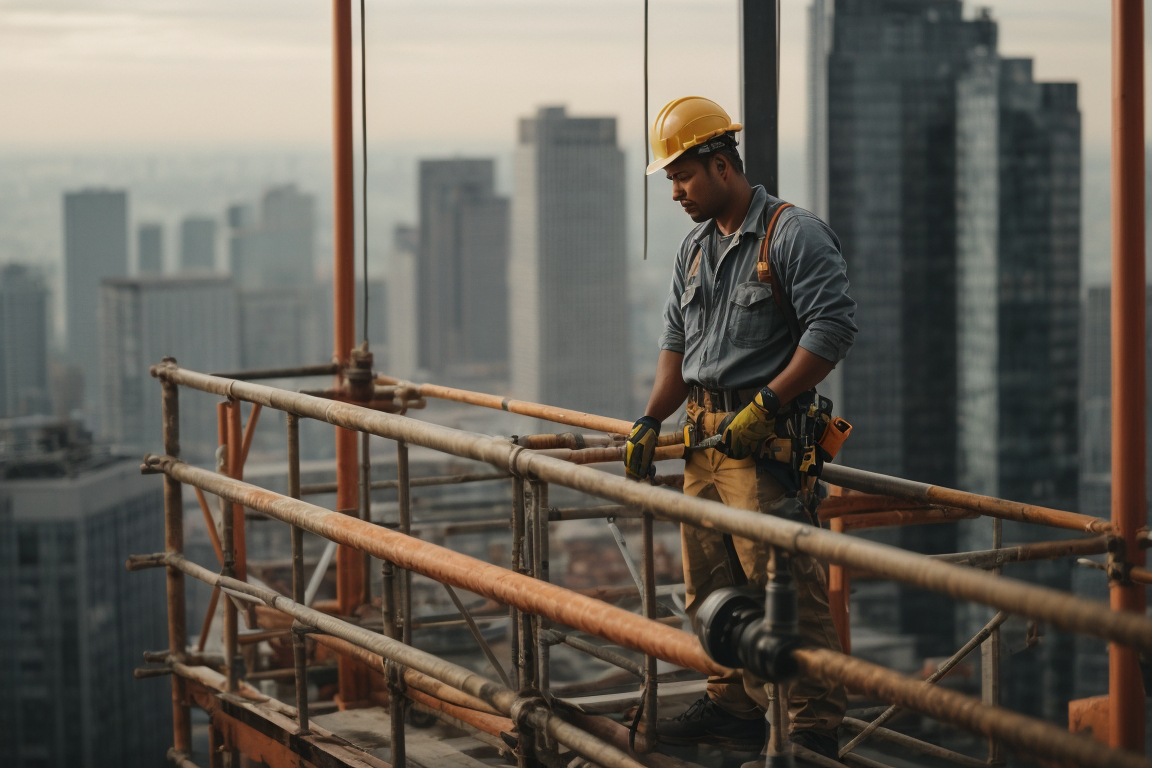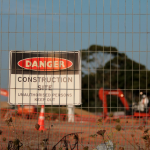In the ever-evolving landscape of construction, adherence to Department of Buildings (DOB) safety protocols is fundamental for project success and worker welfare. This guide scrutinizes the aftermath of DOB non-compliance, uncovering the consequences echoing through construction projects.
From legal repercussions to compromised safety standards, understanding the fallout of DOB non-compliance is vital for stakeholders. Join us as we navigate through the DOB non-compliance consequences, shedding light on the far-reaching impact that neglecting these crucial protocols can have on construction endeavors.
DOB Non-compliance Consequences: What Happens?
Disregarding Department of Buildings (DOB) safety regulations can plunge construction projects into a legal quicksand. It results in fines, penalties, and potential project halts. Legal battles not only drain resources but tarnish reputations, affecting future project opportunities. A thorough understanding of and adherence to DOB regulations can protect against the legal fallout.
Here are some of the implications relating to DOB non-compliance:
1. Financial Implications: Counting the Cost of Non-Compliance
Financial repercussions for non-compliant construction projects extend far beyond immediate fines. Increased insurance premiums, delayed timelines, and potential litigation expenses further add to the monetary toll. Investors may become wary of associated risks and withdraw their support. Conversely, adherence to safety protocols proves a sensible financial strategy, safeguarding budgets and fostering investor confidence.
2. Operational Setbacks: Disruptions in Project Continuity
Non-compliance with DOB safety regulations can trigger operational disruptions, stalling, or even halting projects. Regulatory bodies may issue stop-work orders until violations are rectified, causing delays and incurring additional costs. The complicated web of construction timelines demands meticulous adherence to safety protocols for seamless operations and sustained project momentum.
3. Reputation Damage: Beyond the Bottom Line
The fallout from DOB non-compliance not only affects the financial aspects of the project but also damages its reputation. Negative publicity, legal entanglements, and project setbacks cast a shadow over a construction firm’s image. Reputation damage can hinder partnerships, limit future opportunities, and affect the trust of clients and stakeholders. Prioritizing safety protocols is, therefore, a strategic investment in the long-term success of a construction enterprise.
4. Mitigating Risks: The Strategic Importance of Safety Compliance
Adhering to DOB safety protocols is not just a legal obligation; it is a strategic move. Rigorous compliance mitigates risks, ensuring a secure work environment and preventing accidents that could escalate into legal battles. Proactive adherence fosters a culture of safety, attracting clients, investors, and skilled professionals who prioritize the well-being of the workforce.
5. Ensuring Project Success: A Holistic Approach
Beyond mere regulatory adherence, embracing DOB safety protocols is necessary to achieve overall project success. A safe construction environment enhances worker morale, productivity, and project efficiency. Completing projects within specified timelines and budgets becomes more achievable when safety is ingrained in the project’s DNA.
Safeguard your construction projects with RC Safety Inc. Our expert DOB site safety coordinators in NYC ensure full compliance with DOB safety regulations, minimizing risks and maximizing project success.
Contact us today to elevate your construction site safety standards plans in NYC – because excellence is built on a foundation of safety. Call now for a consultation!






